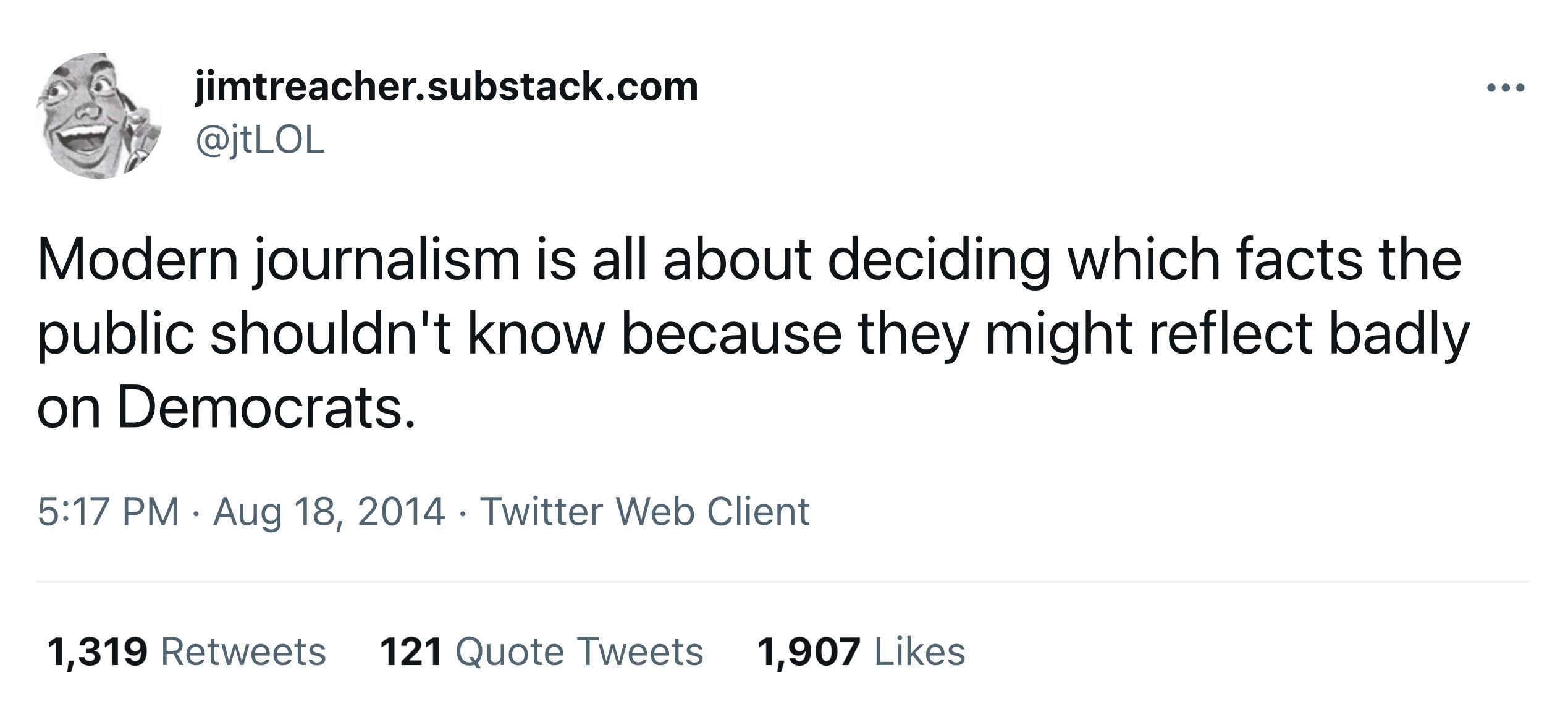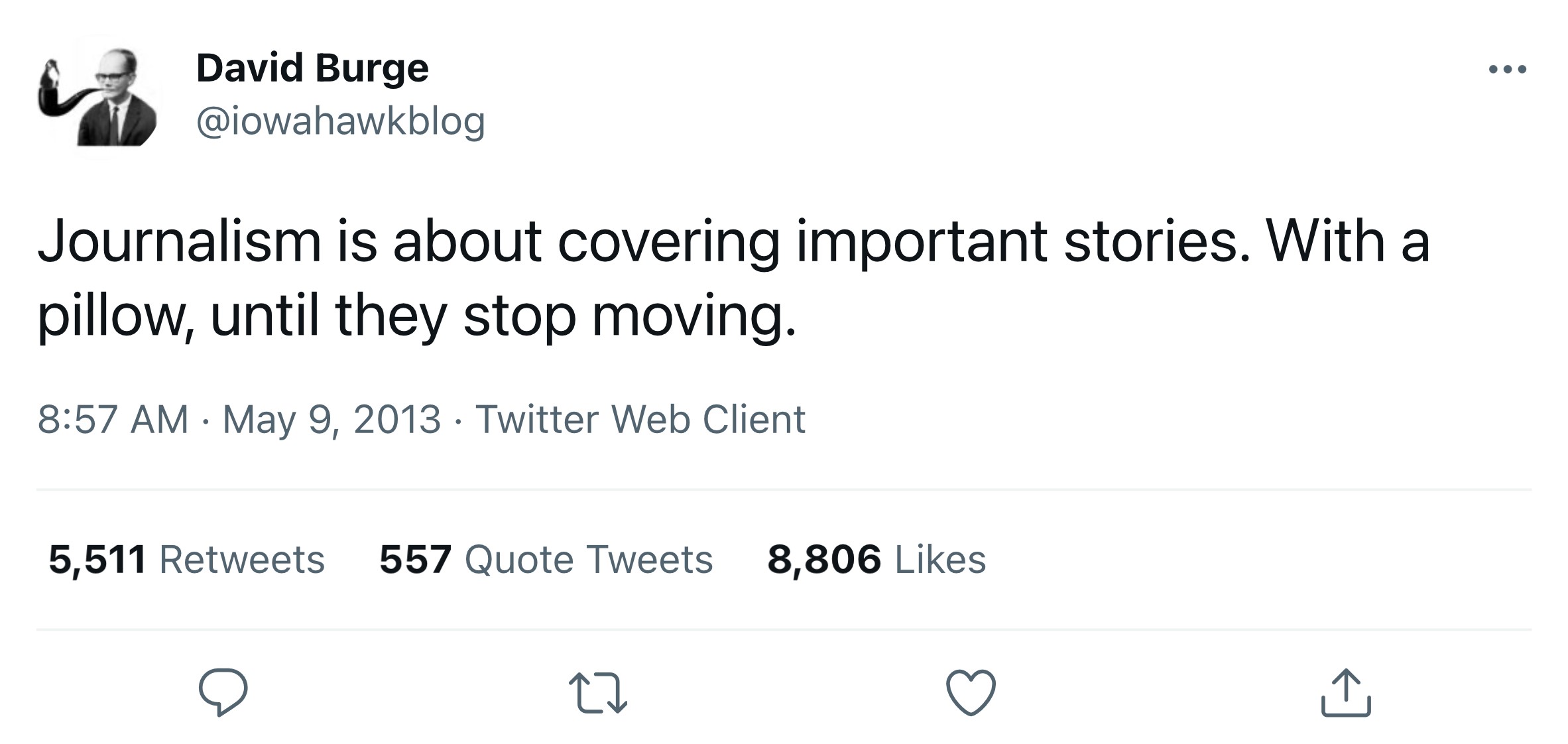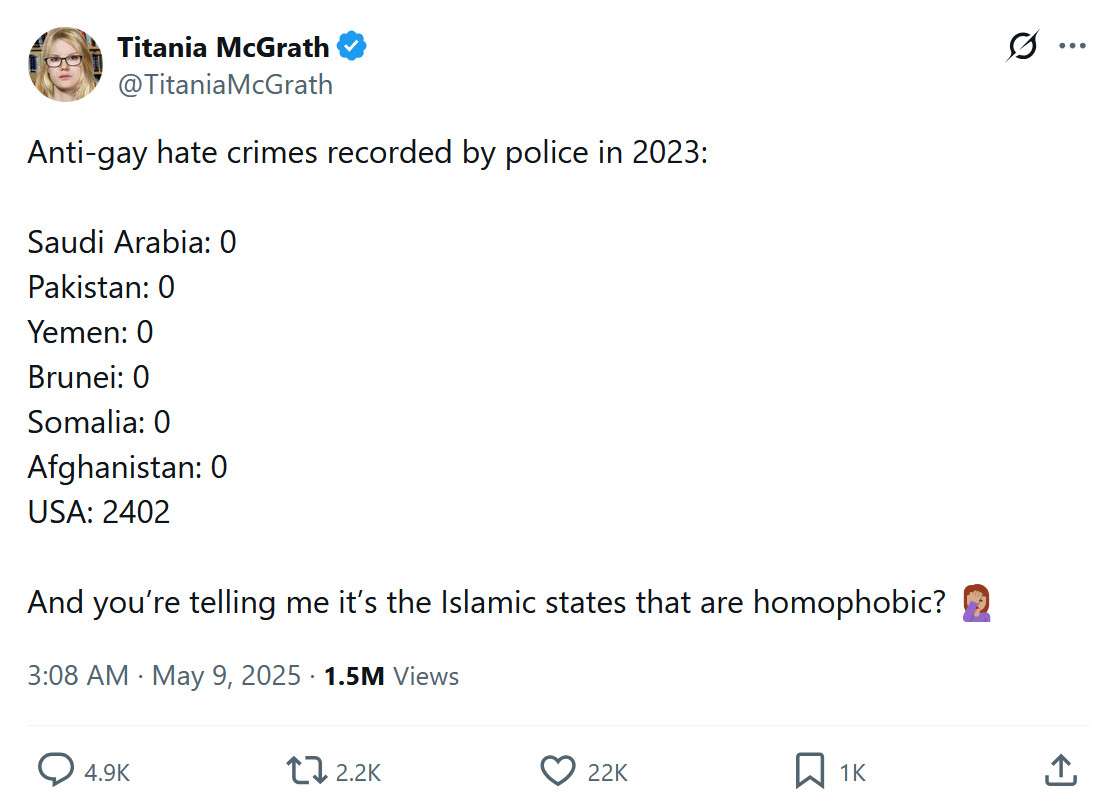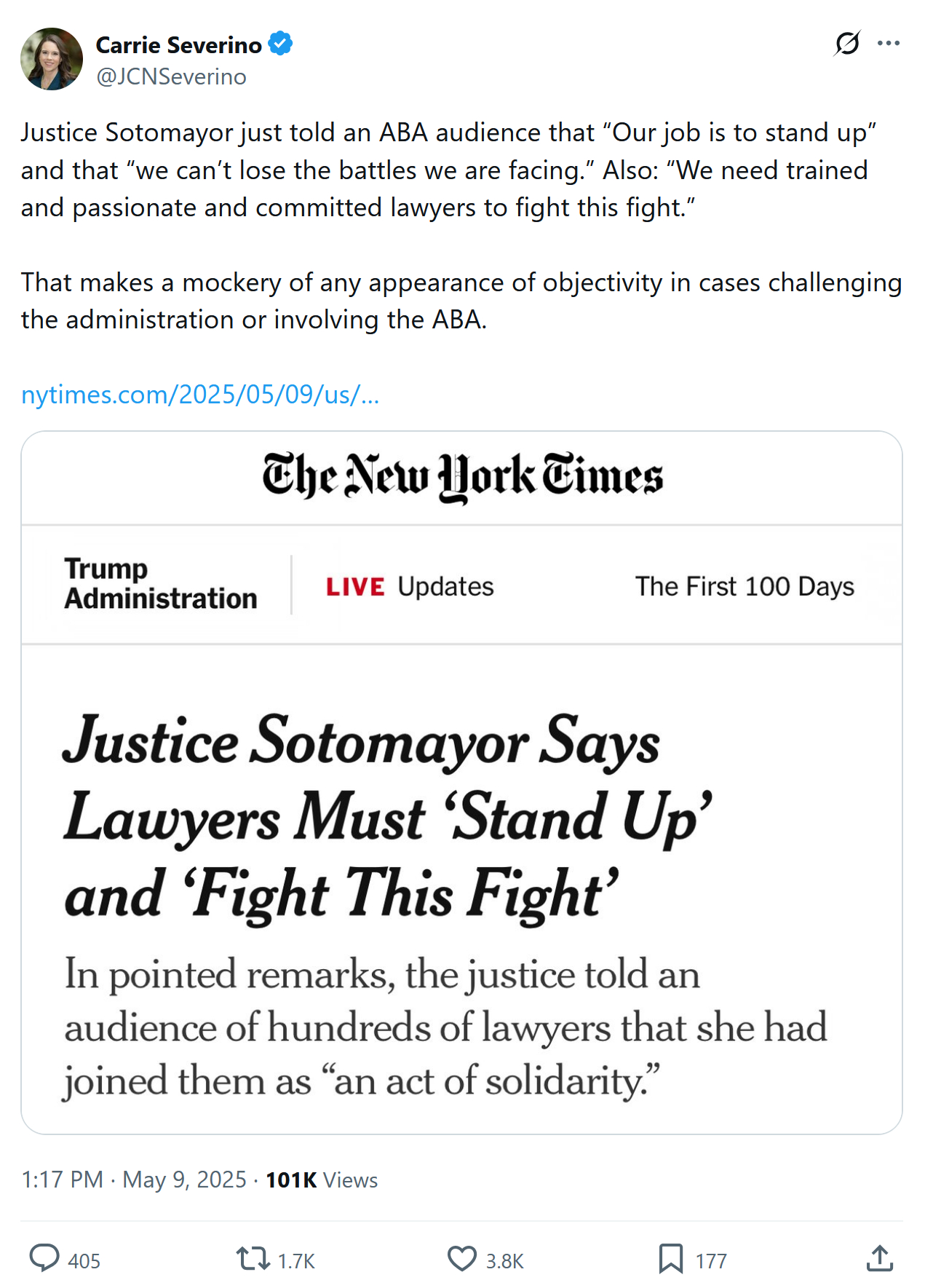JOANNE JACOBS: ‘Focus on me’ is bad advice: Gen Z is most ‘aware’ of mental health, least happy.
May is Mental Health Awareness month, a “progressive vanity project” that encourages people to medicalize the challenges of everyday life, writes Carolyn D. Gorman, a Manhattan Institute policy analyst, on Unherd. “Focus on me” is one of the slogans. Meanwhile, we’re neglecting the seriously mentally ill.
The “DSM” — the mental health field’s diagnostic tool — used to be about “100 pages, listing around 100 diagnoses, she writes. “It’s now “10 times longer and clinically classifies everything from jetlag to bad premenstrual syndrome.”
“Let’s talk about Me!” was one of the leitmotifs of Tom Wolfe’s epochal 1976 article, “The ‘Me’ Decade and the Third Great Awakening.”
The various movements of the current religious wave attempt very nearly the opposite. They begin with … “Let’s talk about Me.” They begin with the most delicious look inward; with considerable narcissism, in short. When the believers bind together into religions, it is always with a sense of splitting off from the rest of society. We, the enlightened (lit by the sparks at the apexes of our souls), hereby separate ourselves from the lost souls around us. Like all religions before them, they proselytize—but always on promising the opposite of nationalism: a City of Light that is above it all. There is no ecumenical spirit within this Third Great Awakening. If anything, there is a spirit of schism. The contempt the various seers have for one another is breathtaking. One has only to ask, say, Oscar Ichazo of Arica about Carlos Castaneda or Werner Erhard of est to learn that Castaneda is a fake and Erhard is a shallow sloganeer. It’s exhilarating!—to watch the faithful split off from one another to seek ever more perfect and refined crucibles in which to fan the Divine spark … and to talk about Me.
Whatever the Third Great Awakening amounts to, for better or for worse, will have to do with this unprecedented post-World War II American development: the luxury, enjoyed by so many millions of middling folk, of dwelling upon the self. At first glance, Shirley Polykoff’s slogan—“If I’ve only one life, let me live it as a blonde!”—seems like merely another example of a superficial and irritating rhetorical trope (antanaclasis) that now happens to be fashionable among advertising copywriters. But in fact the notion of “If I’ve only one life” challenges one of those assumptions of society that are so deep-rooted and ancient, they have no name—they are simply lived by. In this case: man’s age-old belief in serial immortality.
The husband and wife who sacrifice their own ambitions and their material assets in order to provide “a better future” for their children … the soldier who risks his life, or perhaps consciously sacrifices it, in battle … the man who devotes his life to some struggle for “his people” that cannot possibly be won in his lifetime … people (or most of them) who buy life insurance or leave wills … and, for that matter, most women upon becoming pregnant for the first time … are people who conceive of themselves, however unconsciously, as part of a great biological stream. Just as something of their ancestors lives on in them, so will something of them live on in their children … or in their people, their race, their community—for childless people, too, conduct their lives and try to arrange their postmortem affairs with concern for how the great stream is going to flow on. Most people, historically, have not lived their lives as if thinking, “I have only one life to live.” Instead they have lived as if they are living their ancestors’ lives and their offspring’s lives and perhaps their neighbors’ lives as well. They have seen themselves as inseparable from the great tide of chromosomes of which they are created and which they pass on. The mere fact that you were only going to be here a short time and would be dead soon enough did not give you the license to try to climb out of the stream and change the natural order of things. The Chinese, in ancestor worship, have literally worshiped the great tide itself, and not any god or gods. For anyone to renounce the notion of serial immortality, in the West or the East, has been to defy what seems like a law of Nature. Hence the wicked feeling—the excitement!—of “If I’ve only one life, let me live it as a ———!” Fill in the blank, if you dare.
And now many dare it!
Whatever Gen-Z’s hatred of the Baby Boomers, they’ve certainly continued their predecessors’ trend of off-the-chart levels of narcissism.










